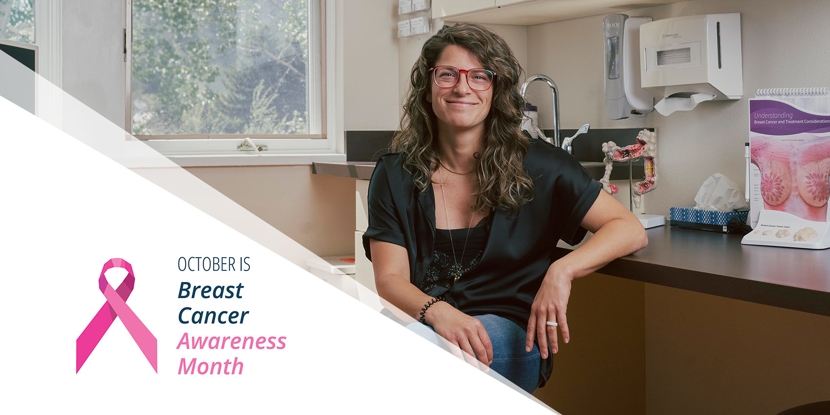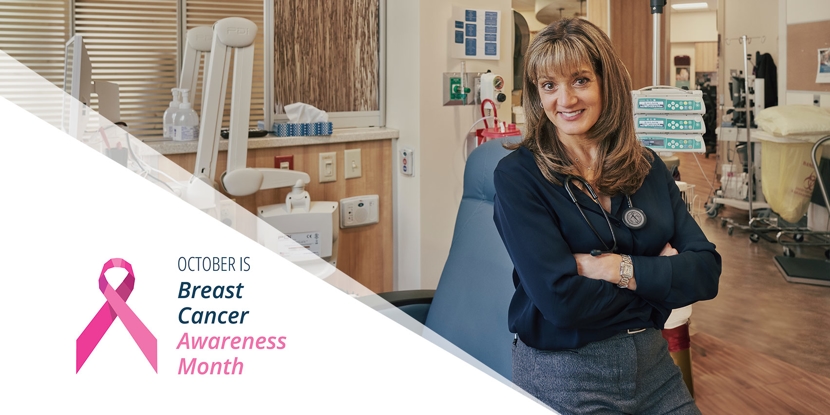Mentally Preparing for Surgery
- Category: Diagnostic Imaging, General Surgery, Joint & Spine Center, Orthopedics, Physical Therapy & Rehabilitation, Robotic Surgery
- Posted On:
- Written By: St. John's Health

Keeping Your Mind and Body Strong Ahead of Your Procedure
Surgery can be a physically and mentally demanding experience. To help surgery patients feel confident before their procedure date, here are some tips from our surgical team at St. John's Health on how to mentally prepare for surgery.
Ask Plenty of Questions
One of the best ways to ease your anxiety about surgery is to talk to your doctor about your concerns. Your doctor can explain the surgery in detail and help you understand what to expect before, during, and after the procedure. If you have questions about recovery, possible complications, or other details — don’t be afraid to ask.
Avoid Delaying Surgery
One of the hardest decisions you may ever have to make is whether or not to have surgery. It’s a scary thought, and it’s natural to want to put it off for as long as possible. But there are some very good reasons why you shouldn’t delay surgery, including:
- Your health conditions may worsen.
- You may lose your insurance coverage.
- The availability of surgery may decrease.
Find Support From Loved Ones
We all need someone to lean on from time to time, and having a support system after surgery is crucial. If you are undergoing anesthia, you will need to arrange transportation to and from the hospital. However, care often extends after you’re home from your procedure.
Here are a few ways your loved one can help you prepare for surgery, as well as assist after you’re home:
- Support you emotionally.
- Take you to and from the hospital.
- Assist you with tasks around the house.
Prepare at Home
Surgery can be physically and emotionally exhausting, but having your home prepared will help the transition feel easier. Plan ahead by stocking up on groceries, filling prescriptions, and arranging for help with childcare or housework if needed.
It also may be beneficial to set up a recliner with pillows that allows you to sit up during recovery, or arrange your sleeping situation on the first floor of your home if needed to avoid using the stairs with limited mobility. Depending on the scope of your procedure, taking many or all these steps will help you relax and focus on your recovery.
Visualize Success
It’s normal to feel some anxiety or fear before surgery, but try to stay positive. Focusing on negative thoughts can make your anxiety worse. Instead, focus on the fact that surgery is often a life-saving, necessary procedure. Your St. John's Health surgical team is highly-skilled and is here to help you get back to better health.
Many people find it helpful to visualize a successful surgery and recovery. Picturing yourself healthy and healed after surgery can help you stay positive and motivated during the process.
Schedule Post-Surgical Care
Often, many of our patients require care after their procedures. This may mean physical therapy, or general post-op follow up appointments. Make sure to arrange most of this before your surgery to the best of your ability, keeping in mind that you may need additional care afterwards.
It is also a good idea to speak with your doctor about at-home exercises you can complete at home to after your surgery. This will help you ensure you’re resting up, but still supporting your body.
Surgical Consultations in Jackson Hole
St. John's Health uses a state-of-the-art surgical robot from da Vinci to help perform minimally invasive procedures. Available robot-assisted procedures include colorectal, bariatric, and gallbladder surgeries, as well as inguinal hernia and ventral hernia repair. If you’re in need of consultation for a procedure, learn more about our surgical program today.



